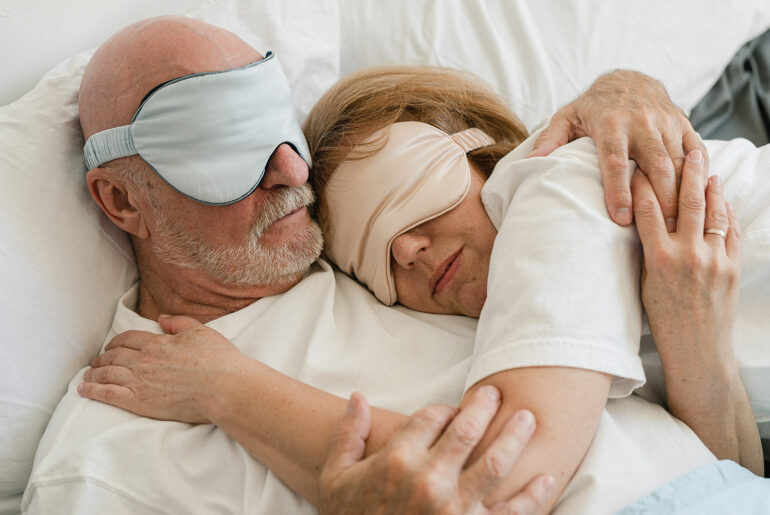Sleep disorders are incredibly common. At minimum, many people find that they simply don’t feel well rested upon waking up from a normal night of sleep. For some, this can be quite puzzling since they have no recollection of having woken up during the night, and as far as they can tell they slept soundly. If sleep disorders like insomnia and sleep apnea have been ruled out, it is very possible that a lack of REM sleep is to blame.
REM sleep is a very important stage in a healthy sleep cycle. More and more evidence is suggesting that a lack of REM sleep can be to blame for many people’s problems with not feeling rested in the morning. If you feel like your brain just hasn’t been properly rejuvenated overnight, it is very possible that for one reason or another, you’re not achieving REM sleep.
REM sleep defined
REM sleep stands for “rapid eye movement sleep” and refers to precisely what its name suggests: a stage of sleep where a person’s eyes move around rapidly. There is more to REM sleep than darting eyes, however. It is just one of five distinct sleep stages; all of the rest are referred to collectively as “non REM sleep.”
One of the most notable things about REM sleep is that its mental activity closely resembles mental activity when you are awake. The most vivid dreams tend to occur during REM sleep, and the major muscles of the body are essentially paralyzed during this phase – most likely as a safety precaution, to keep people from acting out their dreams and potentially harming themselves. REM sleep is largely defined by this paralysis that occurs.
Why REM sleep is important
There has been a great deal of debate in the years since REM sleep was defined regarding whether or not it is important, necessary or essential to a healthy life. Most experts now agree, however, that REM sleep is incredibly important. Beyond simply helping people sleep more soundly, it is believed that REM sleep has major ties to memory retention and even to learning capabilities.
In some ways, it appears that this phase of sleep helps people consolidate their memories and process them more efficiently. One way to look at it is to consider REM sleep as a filing system of sorts; memories that are deemed important are tucked safely away, and those that are considered irrelevant are thrown out. People who have trouble achieving REM sleep, then, may suffer memory problems and other issues.
REM sleep disorder
As noted previously, some people who have trouble reaching REM sleep do so for reasons like being too well rested or abusing alcohol and other drugs. However, up to 55% of people with REM sleep disorders don’t seem to have any discernible problem that is triggering it.
Another common REM sleep disorder is narcolepsy; people who skip directly to the REM sleep stage without cycling through the other stages can fall victim to narcolepsy. It’s obvious that the four previous stages are also critical to a healthy night of sleep. Another common REM sleep disorder, REM sleep behavior disorder, people do not become paralyzed during REM sleep and act out their dreams – sometimes violently. A good way to determine whether a person has an REM sleep disorder is to observe them; if they thrash about and move a lot, there’s a good chance they have a problem.
How to REM sleep
People who have trouble reaching REM sleep are always looking for tried and true ways to get there. There is no magic bullet, but studies suggest that sleep deprivation is somewhat important. In other words, people who sleep too much may, ironically, be less capable of reaching REM sleep. Keeping busy and active during the day, to the point where you are utterly exhausted at bedtime, seems to greatly improve your chances of achieving REM sleep. Again, though, there is no guarantee.
Sleeping in a dark, quiet place is also important since being interrupted during stage two or three can throw off your entire sleep cycle and prevent you from achieving REM sleep. Finally, avoiding alcohol seems to be important; those who consume too much alcohol too frequently seem less likely to reach REM sleep.
Using a natural sleep aid is also a known safe and effective way to achieve REM sleep. Natural sleep aids are optimal because they have little to no side-effects, and less likelihood of being habit-forming. Look for powerful yet gentle ingredients like melatonin. To see which natural sleep aid was rated # 1, see our sleep aid reviews.




